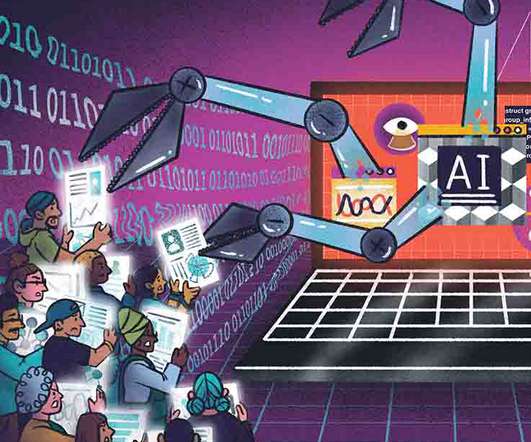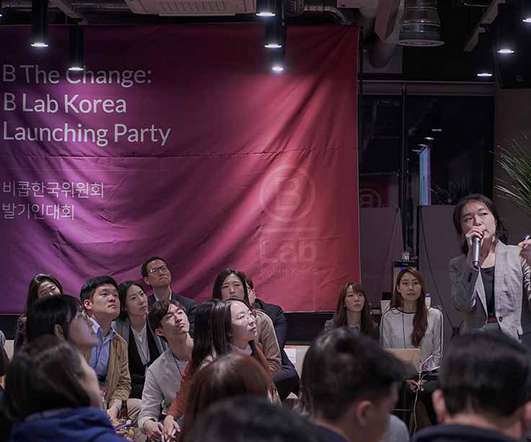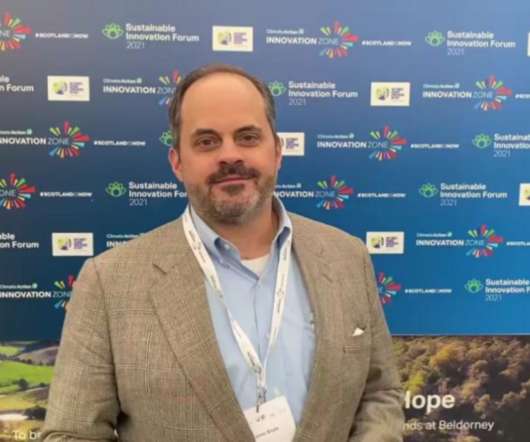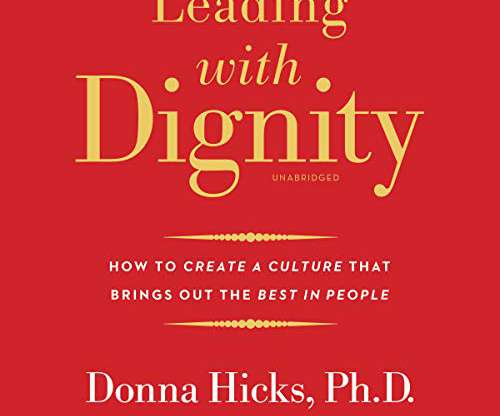Owners: If You Break It, You Own It!
Caux Round Table
MARCH 7, 2022
Years ago, when I was first with the Caux Round Table and learning my way around the field of business ethics or corporate social responsibility, as the talk was then, I asked Joe Selvaggio to meet me for coffee in Minneapolis. They’re the ones who can tell the companies what to do.”.












Let's personalize your content